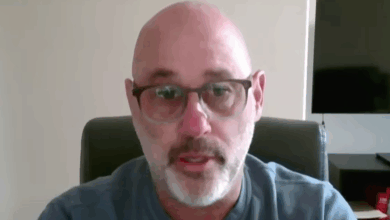South Carolina High Court Rules Electrocution and Firing Squad are Allowed Execution Methods

In a significant and controversial decision, the South Carolina Supreme Court has ruled that electrocution and firing squad are permissible methods of execution. This ruling marks a pivotal moment in the state’s legal and ethical approach to capital punishment.
Key Points of the Ruling
Background
South Carolina has faced challenges in carrying out executions due to difficulties in obtaining lethal injection drugs. This shortage prompted the state to revisit and revise its execution protocols, leading to the adoption of electrocution and firing squad as alternative methods.
Legal Justification
The court’s decision upholds a law passed by the South Carolina legislature in 2021, which made electrocution the primary method of execution while also allowing inmates the option to choose death by firing squad if lethal injection drugs are unavailable.
Details of the Ruling
- Electrocution: The electric chair, which has been part of the state’s execution methods for decades, was deemed constitutional.
- Firing Squad: The court found that this method, while less common, is also legally permissible and provides a viable alternative given the current constraints on lethal injection drugs.
Reactions and Implications
Supporters’ Perspective
Proponents argue that the ruling ensures the state can carry out lawful executions without further delays. They believe this decision provides a necessary solution to the drug shortage and maintains the integrity of the justice system.
Opponents’ Viewpoint
Critics, including human rights advocates and legal experts, have condemned the ruling as a step backward, arguing that both methods are inhumane and archaic. They contend that these methods constitute cruel and unusual punishment, violating ethical standards and human dignity.
National Context
This decision places South Carolina among a handful of states that permit these execution methods. It reignites the broader national debate on the death penalty and the ethics of various execution methods.
Broader Implications
Legal Precedents
The ruling may influence other states facing similar challenges with lethal injection drug availability, potentially prompting them to consider alternative execution methods.
Public and Political Response
The decision is likely to spark significant public and political discourse, with potential legislative efforts to challenge or uphold the current law. It may also impact upcoming elections and legislative sessions as candidates and lawmakers address this contentious issue.
Future of Capital Punishment
This ruling could have long-term effects on the future of capital punishment in the U.S., particularly concerning the methods deemed acceptable for carrying out death sentences. The evolving legal landscape will continue to shape the discourse on justice, punishment, and human rights.





